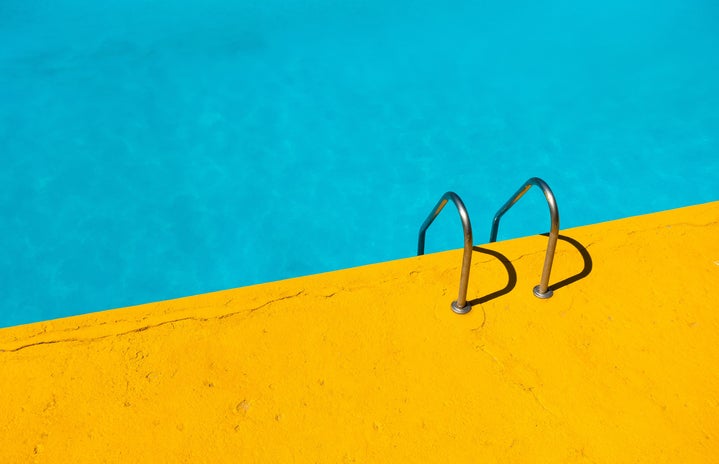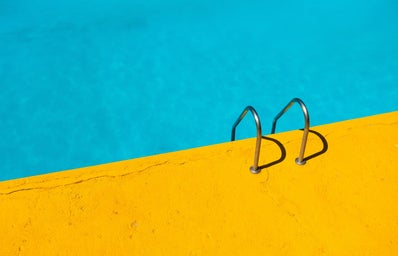It’s on your car, it’s on tables, it’s even in the air. With Spring, there is pollen season. For many Americans susceptible to allergy symptoms, it is a time of discomfort, headaches, watery eyes and even irritability. To keep your eyeliner from running and to just make the pain stop, consider tips brought to you by pollen.com.
“Squirrel sneezing” by Clive001 is licensed under CC-BY 2.0
What is pollen season?
Pollen season is the time period when trees release pollen in order to produce seeds surrounded by fruit which will lead to the production of more trees.
Let’s take a quick trip to Biology 101. Pollen by definition is “a fine coarse powdery substance comprised originate from seed plants.” Pollination is a form of plant reproduction and can travel by air, animal, and insect (save the bees!).
According to pollen.com, pollen affects people with immune systems that overwork themselves and react negatively to harmless substances, in this case, pollen. That is right, to simplify, if you have allergies, you have a hyperactive immune system. Pollen is harmless, but your immune system does not think so.
“Pollen.” by Mark Freeth is licensed under CC-BY 2.0
Pollen season can be year round depending where you live.
- In Spring, pollen season begins between January and April from trees (especially our Auburn oaks!).
- For Summer pollen season stems from the grass.
- For Fall, pollen season originates from weeds.
In some areas, there can be a higher elevation of pollen levels than others. On pollen.com, you can check the forecast of pollen levels by just typing in your Zip code.
Here is Auburn’s forecast for March 28 and 29:
The National Institutes of Health released an official list of symptoms of having an allergic reaction to pollen. To name a few: itchy eyes, sneezing, runny nose, stuffy nose are common symptoms of having allergies. Other symptoms can even include a cough, fatigue and weakness, and sore throat.
Typical duration can be up to six weeks depending on the season.
So what do you do? You can’t hide in your apartment forever!
- Keep your windows closed to prevent pollen from getting in.
- Go outside, but toward the afternoon when pollen usually dies down. This is usually after 10 a.m.
- Warm, windy and dry days are a no go—these tend to be higher pollen count days.
- Wash your face and hands to get pollen off your skin.
- Wash your hair and body every day, and your bedding at least once a week.
- Wear sunglasses.
- Consider an allergy shot.
If you have the sniffles, the National Institutes of Health recommend taking antihistamines like Claritin, Nasal steroids like Nasonex and decongestants to treat your allergy symptoms.
As the weather continues to get warmer and classes begin to even more hectic as the semester ends, keep up with your health by following these tips. Do not let pollen keep you inside instead of outside enjoying the great outdoors. Have fun!
Go get ‘em, tiger!

